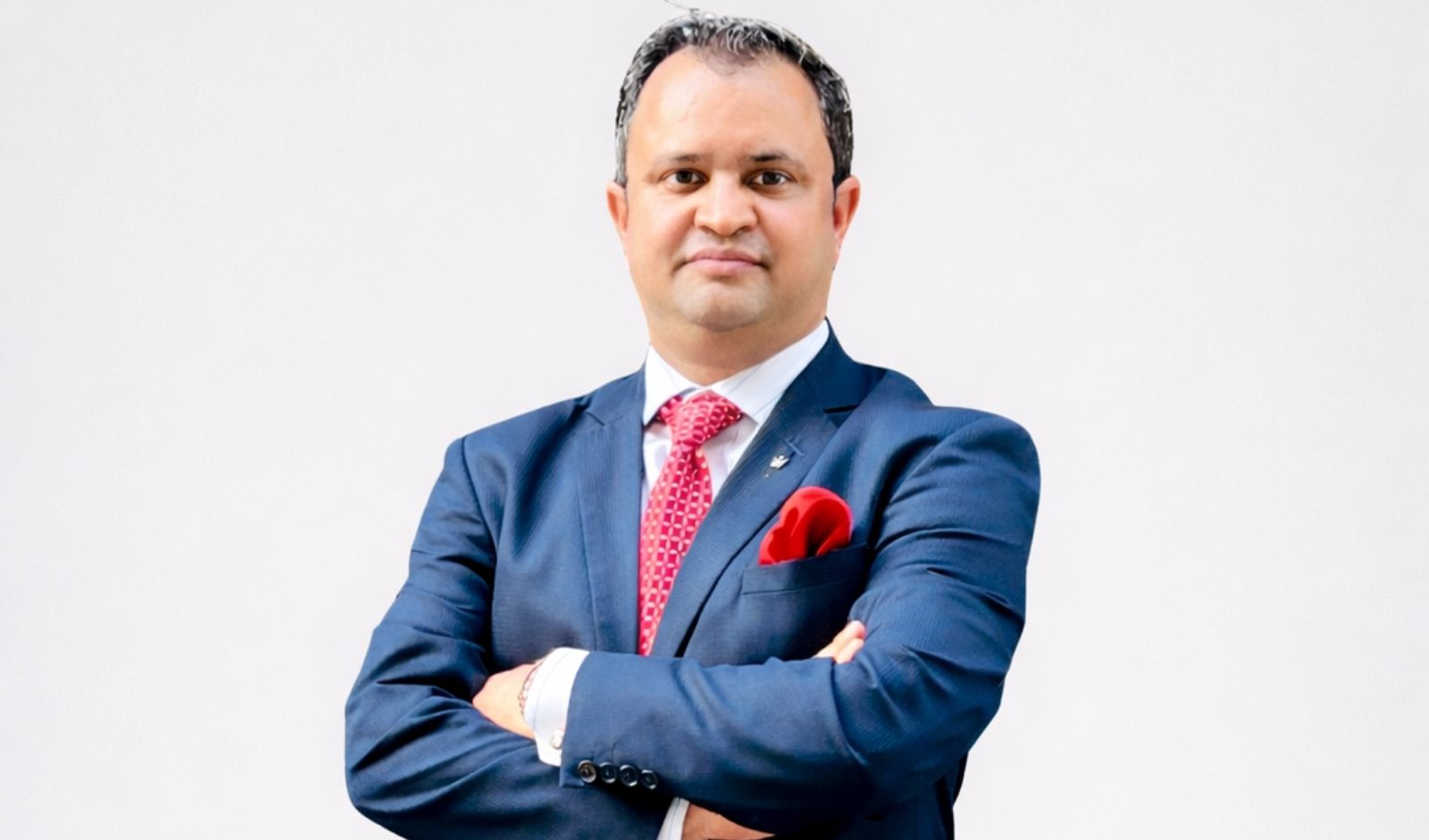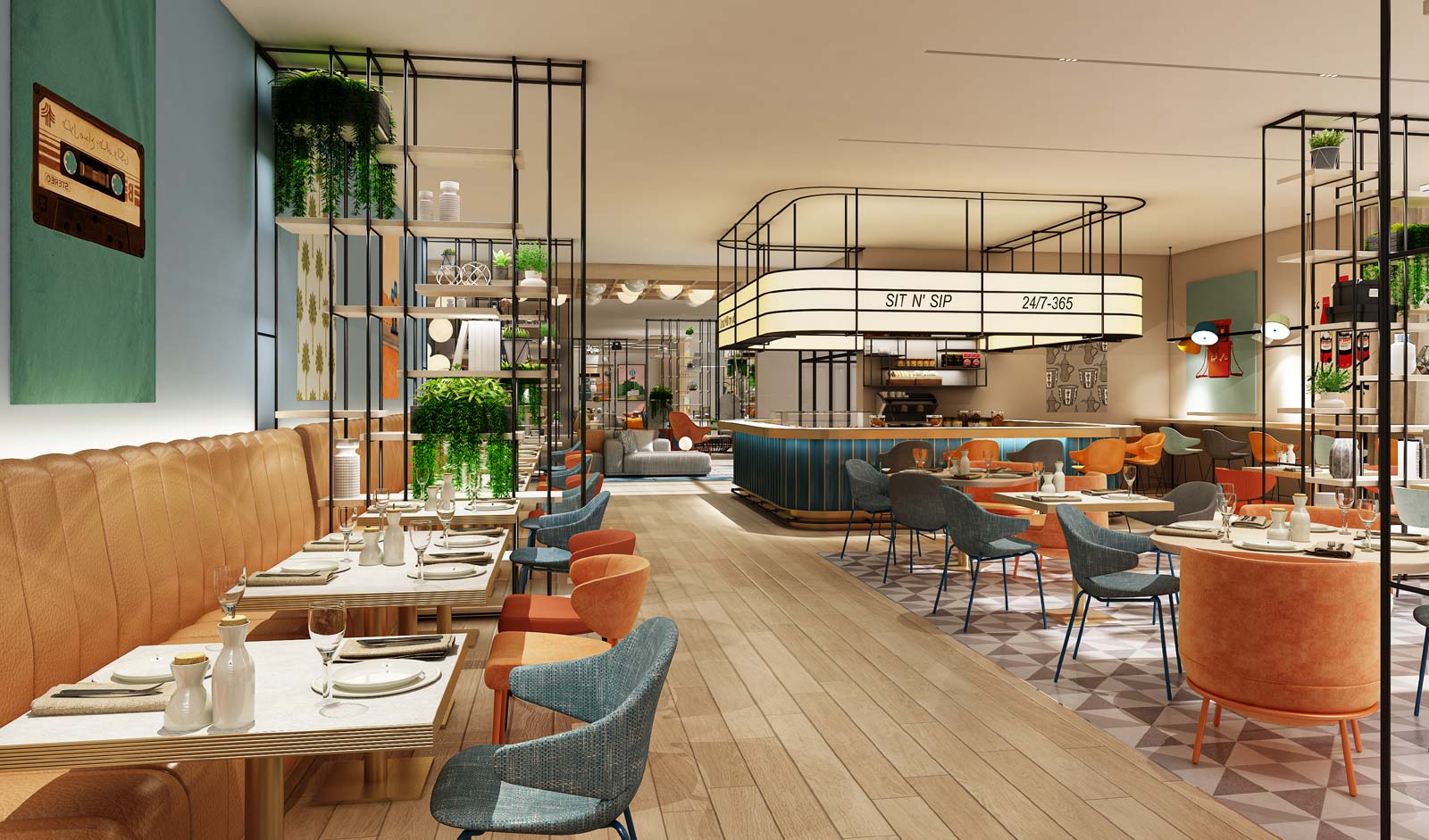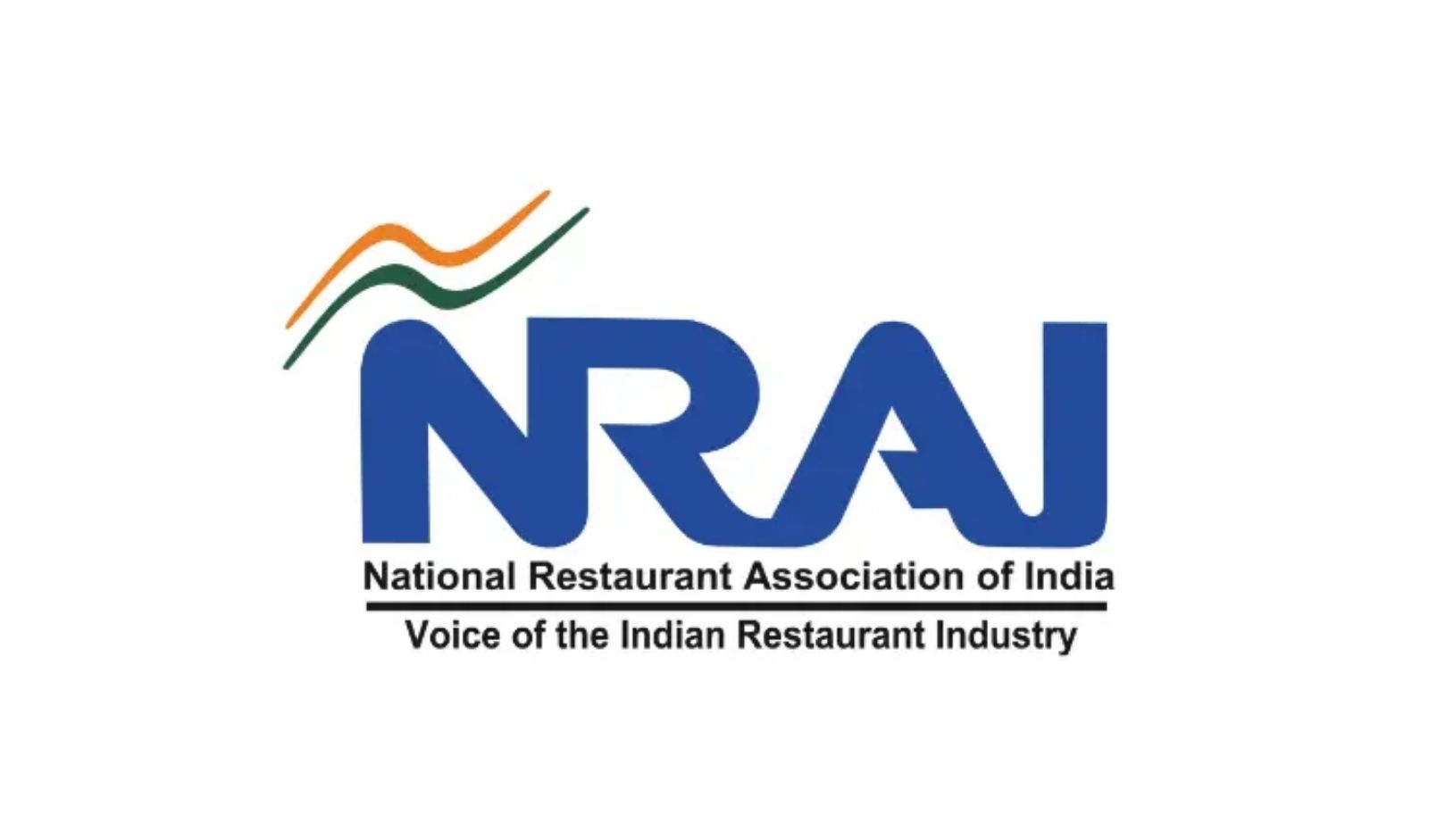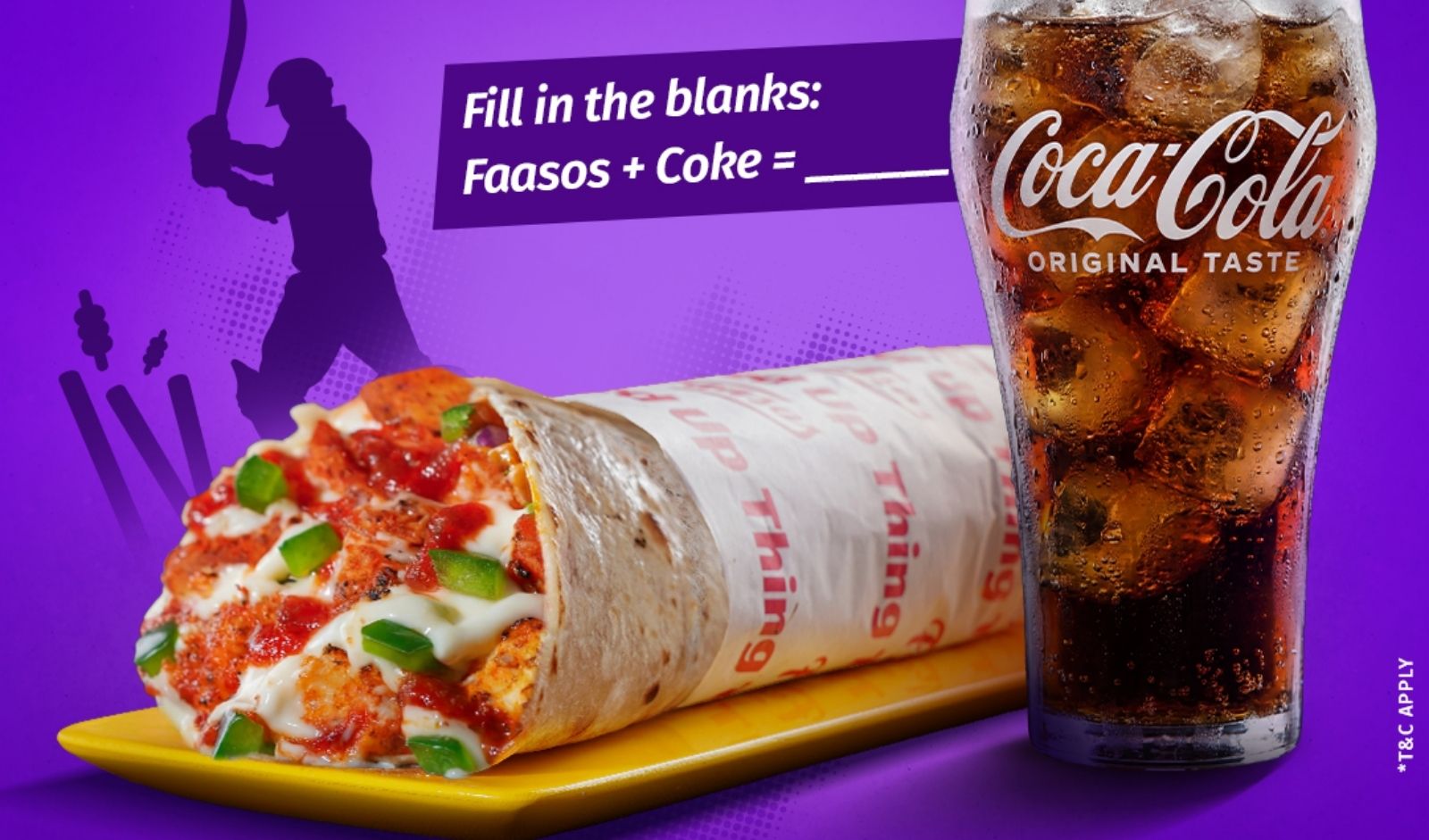
Online food delivery startup FreshMenu is in early talks with several private equity (PE) funds to raise nearly $75 million. The funding will be used by the Bangalore-based food-tech startup to fuel its expansion plans.
The firm is in talks with TPG, General Atlantic, Singapore's Temasek Holdings and domestic PE fund Kedaara Capital, among others, to dilute 25-30% stake. The process is being run by Kotak Mahindra Capital.
FreshMenu is looking for a valuation of $250 million in its new Series C round. The company was valued at $50 million in the Series B round in 2016.
The capital will be used by the company to set up more kitchens in markets like Bengaluru, Delhi-NCR, Gurugram and Mumbai. It is also planning to enter new markets such as Pune and Hyderabad.
Founded in 2014 by Rashmi Daga, FreshMenu currently operates 30 kitchens in Bengaluru and six in Mumbai. The startup has plans to add another 40 kitchens in Bengaluru, 20-25 in Mumbai and 40-45 in Delhi-NCR. It aims to have a total of 300 kitchens across India by 2020.
Copyright © 2009 - 2026 Restaurant India.








